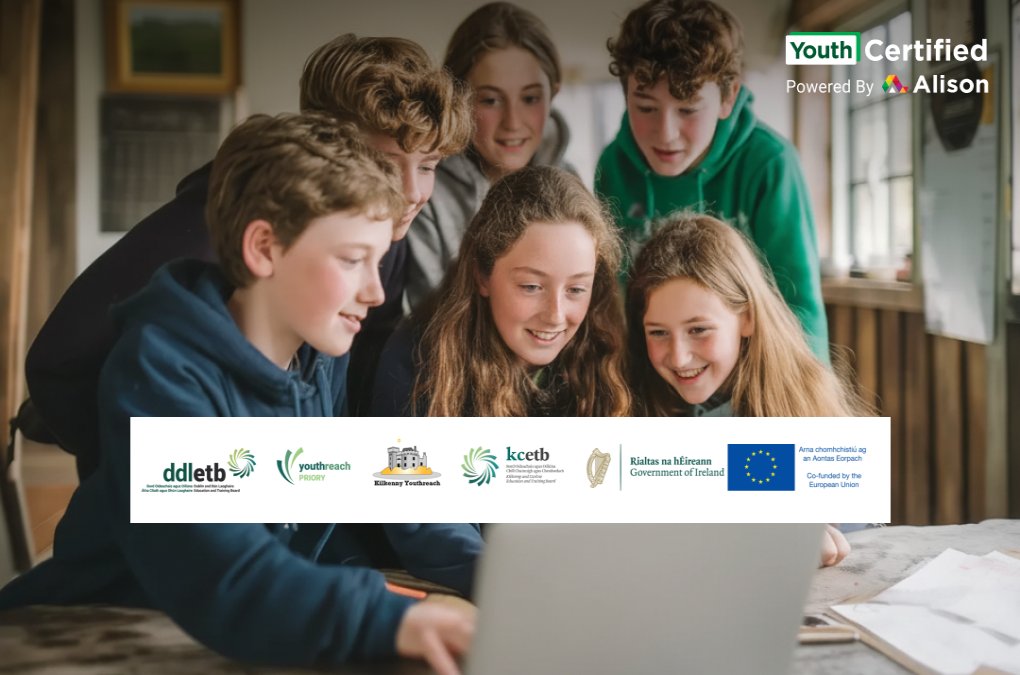
Company News & Announcements
Alison Launches Youth Certified for Youthreach, Building on ...
Alison, the global leader in online learning, today announced the launch of Youth Certified for Youthreach, a pione... Leer más
December 09, 2025

Company News & Announcements
Alison, the global leader in online learning, today announced the launch of Youth Certified for Youthreach, a pione... Leer más
December 09, 2025
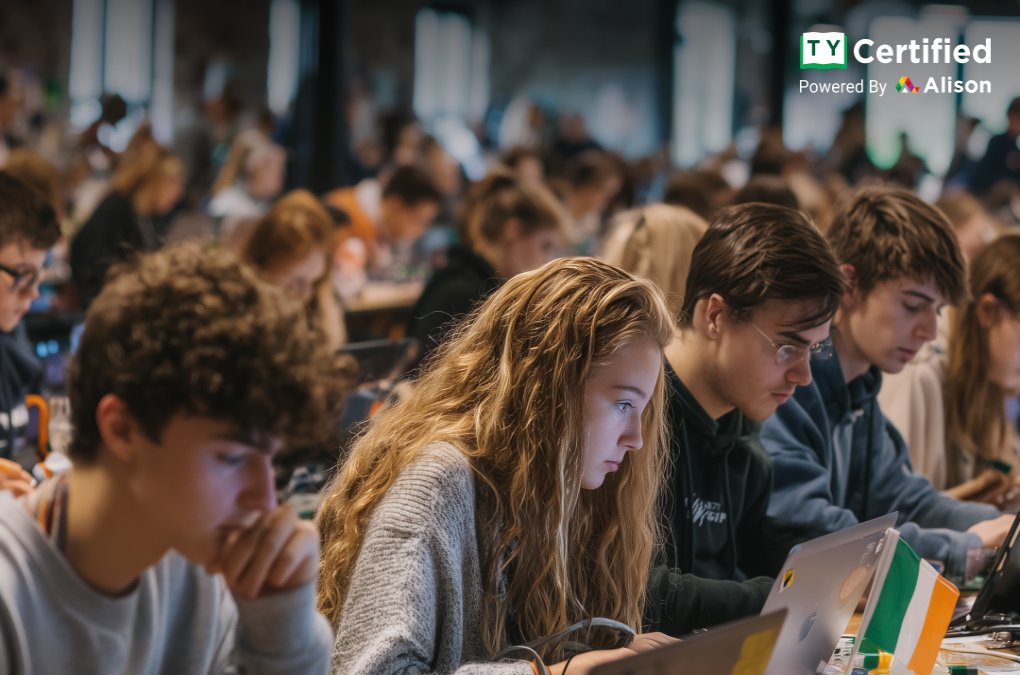
Company News & Announcements
Alison proudly announces the remarkable achievements of its Transitions Year Certified Program (TY Certified), empo... Leer más
November 28, 2025

Company News & Announcements
The empowerment milestone marks continued global growth in free online education. Leer más
October 22, 2025
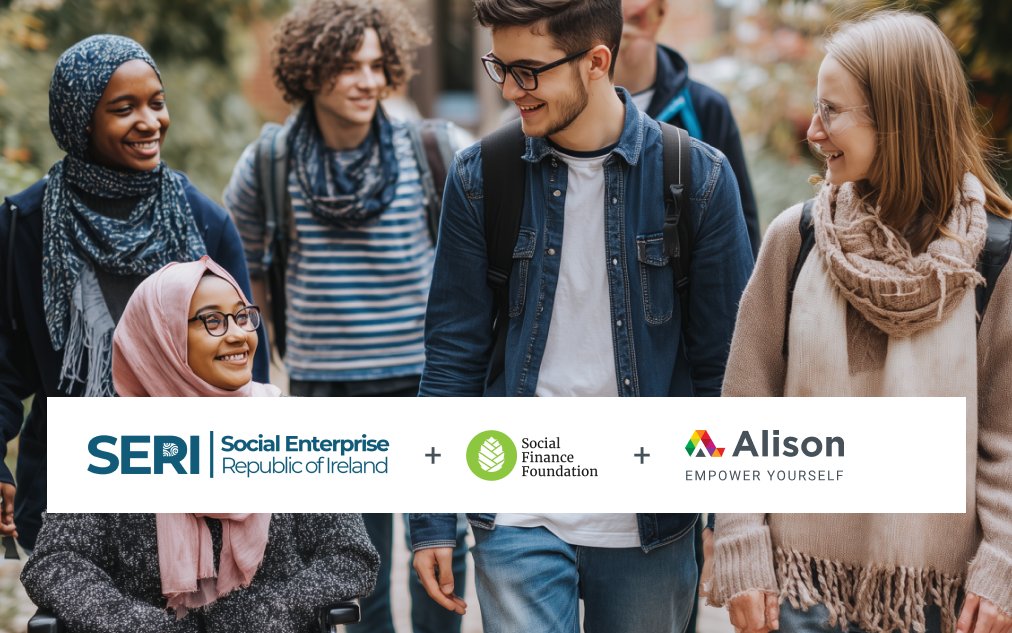
Company News & Announcements
Social Enterprise Republic of Ireland (SERI), Social Finance Foundation and Alison Partner to Empower Ireland's 4,335 So... Leer más
September 24, 2025
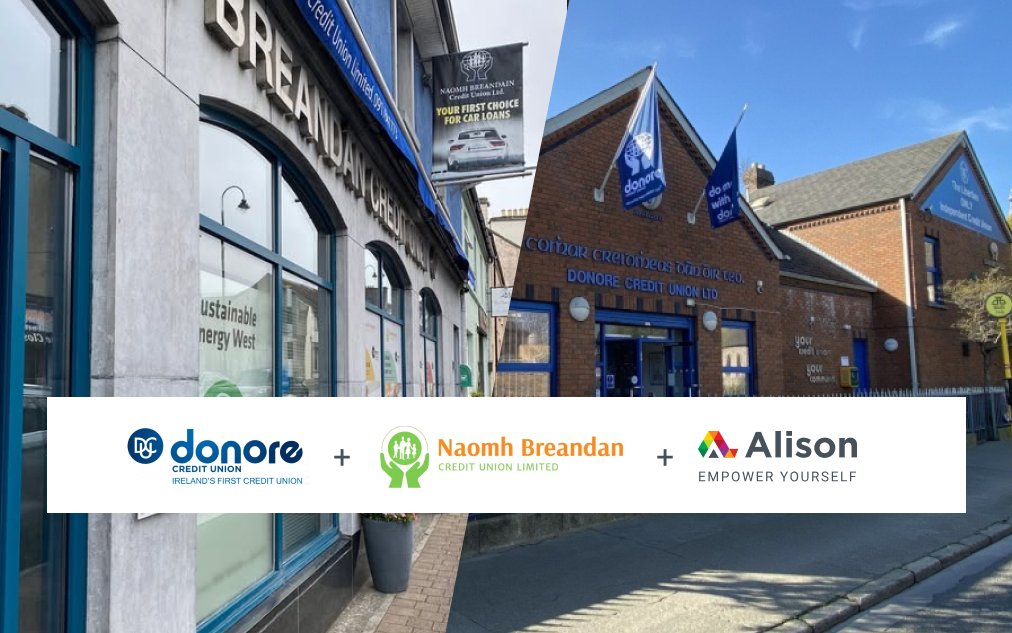
Company News & Announcements
Empowering Irish credit union members and communities with CPD-accredited financial literacy training Alison, t... Leer más
September 24, 2025

Company News & Announcements
Global Partnership Advancing SDG 5 by Expanding Access to Digital Skills for Women Across G20 Nations Leer más
September 17, 2025

Product Updates & New Features
To celebrate the festive season, Alison is offering a 20% discount on all its Gift Cards, allowing Learners to turn thei... Leer más
December 11, 2025
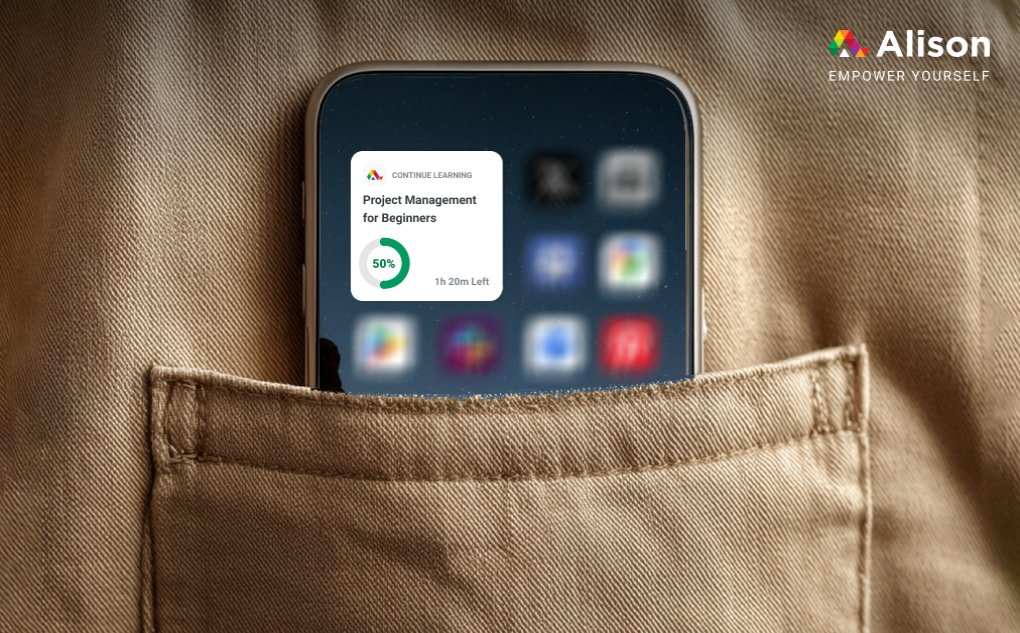
Product Updates & New Features
Alison has introduced a new home-screen widget for its Android App, giving Learners a quick view of their current course... Leer más
December 05, 2025
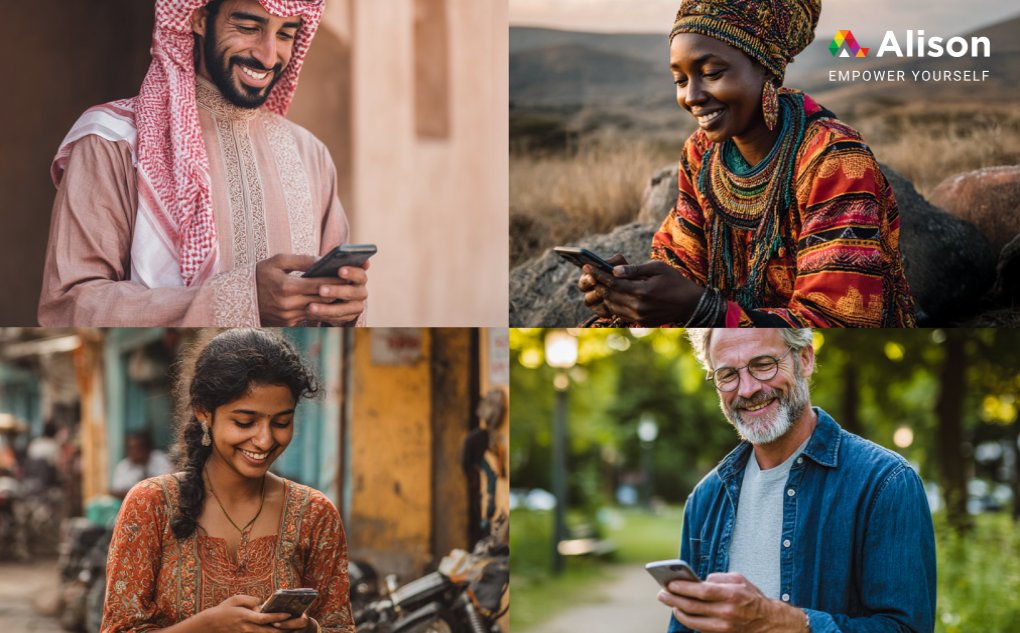
Product Updates & New Features
Alison has introduced country-specific course and career recommendations to its App, giving Learners personalised guidan... Leer más
November 28, 2025

Learner Achievements & Milestones
Alison announced that over 200,000 Learners completed at least one Aptitude Test in 2025. These tests comprise Verbal Re... Leer más
January 15, 2026

Learner Achievements & Milestones
Alison has reached a major milestone in the world’s strongest economy, with 10 million Learners now using the plat... Leer más
January 15, 2026

Learner Achievements & Milestones
Alison, a global leader in free workplace skills training and career development tools, announced that its Learners comp... Leer más
January 08, 2026

New Courses & Content Updates
Alison, one of the world's largest free online learning platforms, announced the official launch of its new course about... Leer más
December 10, 2025

New Courses & Content Updates
Alison, one of the world's largest free online learning platforms, announces the official launch of its new course on In... Leer más
December 05, 2025
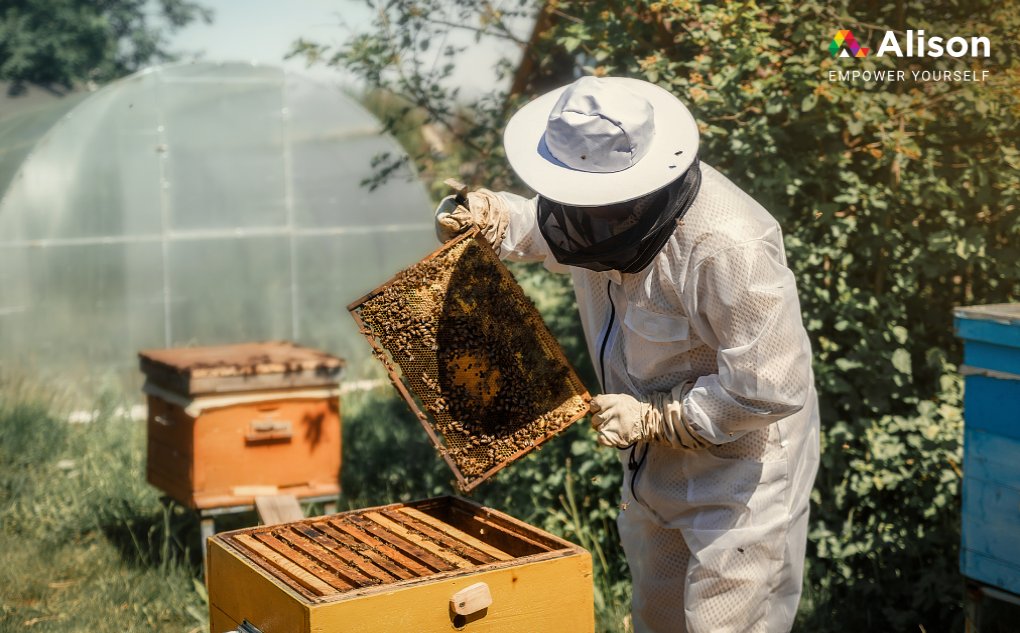
New Courses & Content Updates
Alison, one of the world's largest free online learning platforms, today announced the official launch of its new Beekee... Leer más
December 03, 2025
 See How We're Making Headlines Ver todos los artículosMedia Coverage
See How We're Making Headlines Ver todos los artículosMedia Coverage